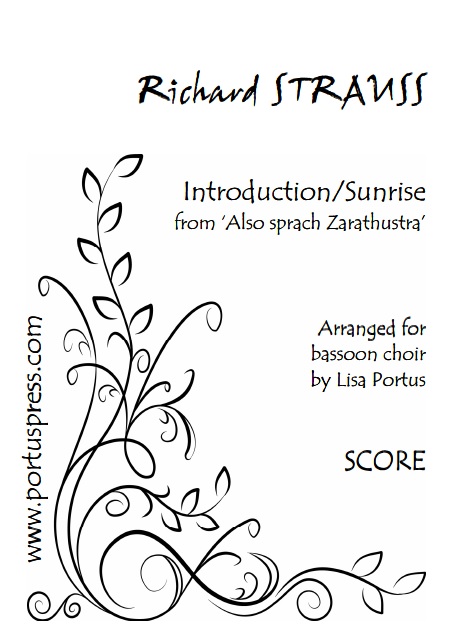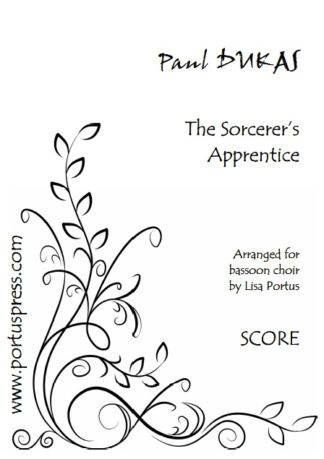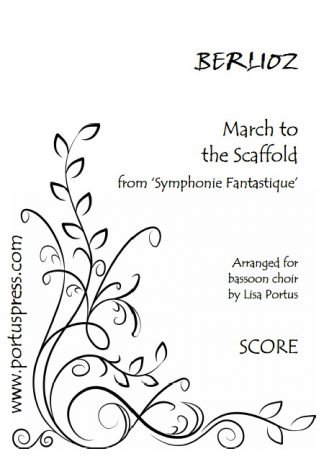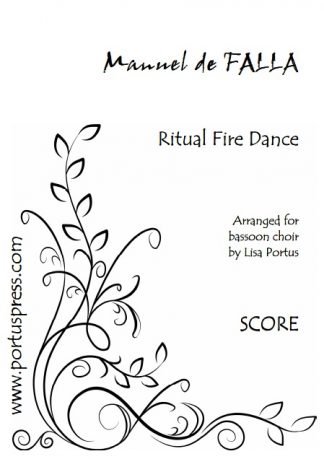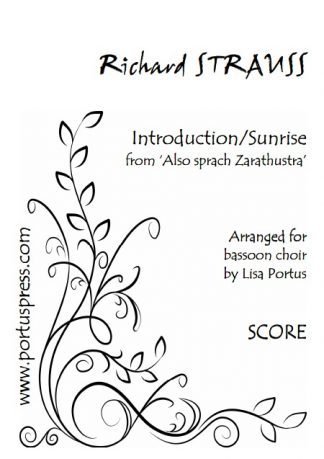Description
In the late 1890s the German composer Richard Strauss (1866-1949)was enjoying an extraordinary period of creativity. In the space of just four years he wrote four major tone poems: Till Eulenspiegel’s Merry Pranks (1895), Also sprach Zarathustra (1896), Don Quixote (1897), and Ein Heldenleben (1898). Of these epic works, Also sprach Zarathustra, was once among the less frequently played of Strauss’s work. This was perhaps due to the nature of the source of Strauss’s inspiration for the piece – an intellectually challenging novel by Nietzsche which meditates upon man’s place within the cosmos.
Strauss, however, was evidently extremely proud of his work, telling his wife that, “Zarathustra is … by far the most important of all my pieces … The beginning is glorious …”
The beginning is indeed glorious. Following its use in Stanley Kubrick’s 1968 iconic film 2001: A Space Odyssey, these days almost everybody recognises the music, even if they don’t know it by name. The two minute introduction, entitled ‘sunrise’ is a majestically slow fanfare which presents the work’s central theme – the ‘C-G-C’’ Nature-motif. With its trademark major/minor uncertainty the listener is treated to perhaps the most satisfying and radiant resolution to C major there has ever been!
NOTE: 7 bassoon parts plus contra. Bassoon 7 is the easiest (and optional). Bassoon 7 has also been transposed for mini bassoons in F and G.
This would make a superb concert opener – and also an encore!

